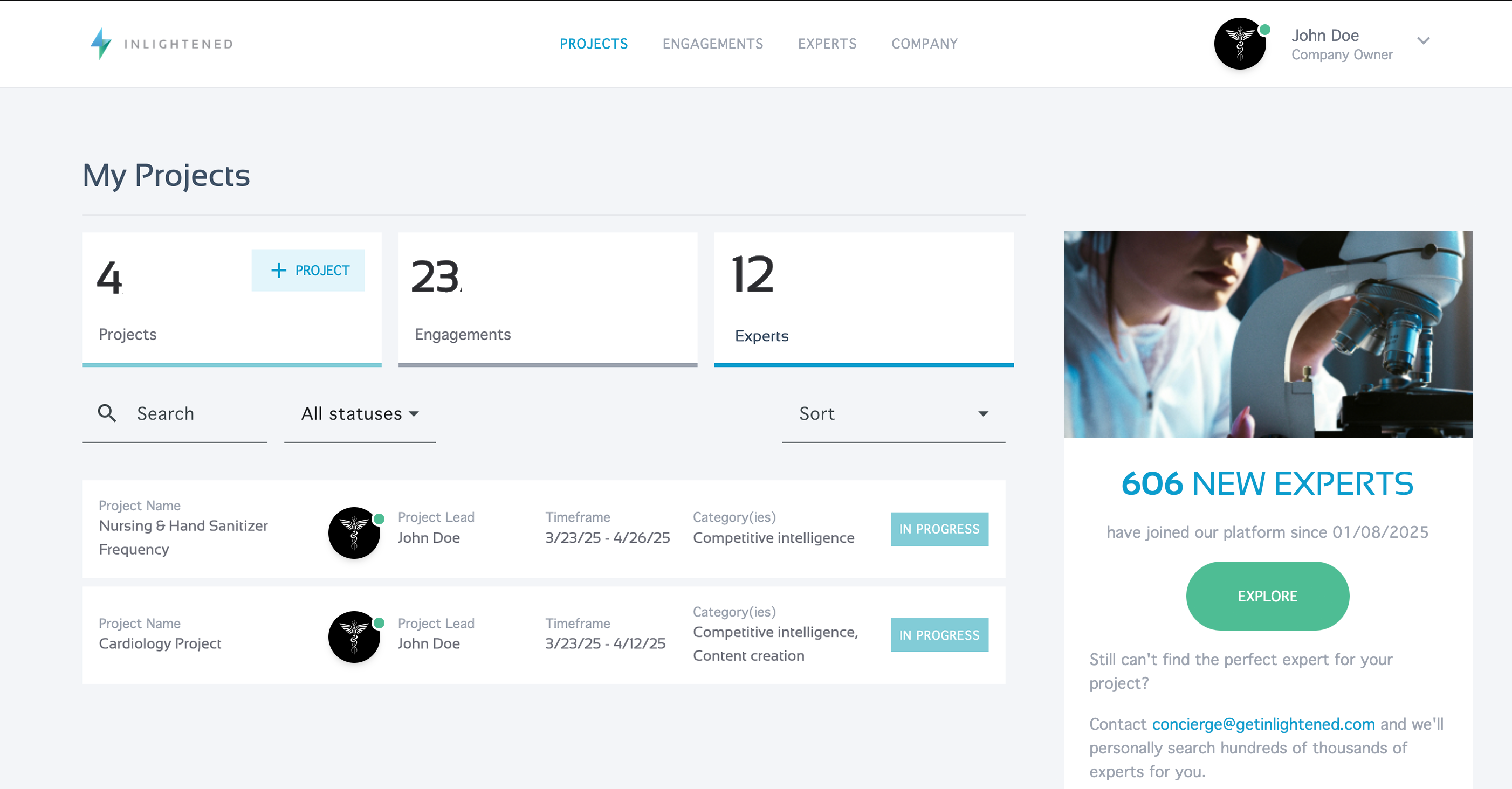Equitable healthcare starts here: Industry takes aim at increasing diversity, equity, & inclusion in clinical trials
Equity and healthcare have historically, and unfortunately, not gone hand-in-hand. Despite the fact that many diseases disproportionately impact diverse communities, almost 75 percent of clinical trial participants are white. Advancing healthcare innovation requires an emphasis on diversity, equity, and inclusion. Now more than ever before, industry is showing a commitment to driving change that will improve healthcare for all, starting with clinical trials.
Healthcare i ndustry takes aim
ndustry takes aim
In April of this year, the U.S. Food and Drug Administration took an important step toward increasing racial and ethnic diversity in clinical trials, by issuing draft guidance “Diversity Plans to Improve Enrollment of Participants from Underrepresented Racial and Ethnic Subgroups in Clinical Trials.” Simply stated, meaningful representation of racial and ethnic minorities in clinical trials is fundamental to public health. It is essential to support the development of better treatments, and improved ways to combat diseases, especially those that often disproportionately impact diverse communities.
Two weeks ago, Walgreens launched its own clinical trial business, aimed at redefining the patient experience and addressing access and diversity challenges in healthcare, with a combination of Walgreens’ nationwide pharmacy presence, health solutions, and legacy of delivering meaningful real-world evidence. They cited the importance of this work “given 20 percent of drugs have a variation in responses across ethnic groups, yet 75 percent of clinical trial participants are white, while only 11 percent are Hispanic and fewer than 10 percent are Black and Asian.”
Collaborative partnerships
We are proud to be partnering with Digital Medicine Society (DiMe) — and several leading life science and digital health organizations — on a Diversity, Equity, and Inclusion in Digitized Clinical Trials project to develop the best practices needed to harness the promise of digital transformation in clinical trials, for the benefit of all, not just the over-represented few.

Strides being made by regulatory and industry leaders to advance DEI in clinical trials are essential, given historical barriers to participation. These obstacles include:
- mistrust of clinical research system (due to historical abuses)
- aspects of trial design (such as inadequate recruitment and retention efforts, frequency of study visits, time and resource constraints for participants, transportation and participation conflicting with caregiver or family responsibilities)
- language and cultural differences
- health literacy
- religion
- limited access within the health care system
- lack of awareness and knowledge about what a clinical trial is and what it means to participate
 Starting at the top
Starting at the top
Challenges aren’t limited to participants, though. Clinical trial sites also face challenges in diversifying personnel. This includes principal investigators (PIs), sub-PIs, trial coordinators, and so on.
Research shows that physician race influences the race of the clinical trial participants, and trial leadership by minority physicians is well below that observed among white physicians, especially in FDA-regulated clinical trials funded by industry. Yet minority physician interest in participating in clinical research is similar to that of white physicians.
To address racial disparities among clinical investigators, major changes must be both implemented and monitored. This is not limited to strategies, policies, incentives, and reforms. We know that trust is essential to the success of population health, and minority patients benefit from being cared for by minority doctors.
It starts — at least from the perspective of trial leadership — at the top. By involving the very professionals patients can identify with. The importance of having a similar background, empathy for common challenges, and ties to the community cannot be underestimated. Affiliated academic, clinical, and industry organizations must commit to enabling more access and opportunity for minority clinicians to work in clinical trials, in order to advance DEI — and the care of — all patients.






